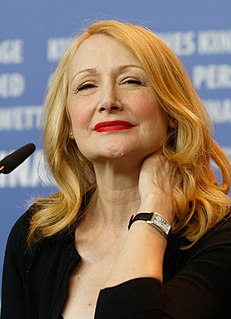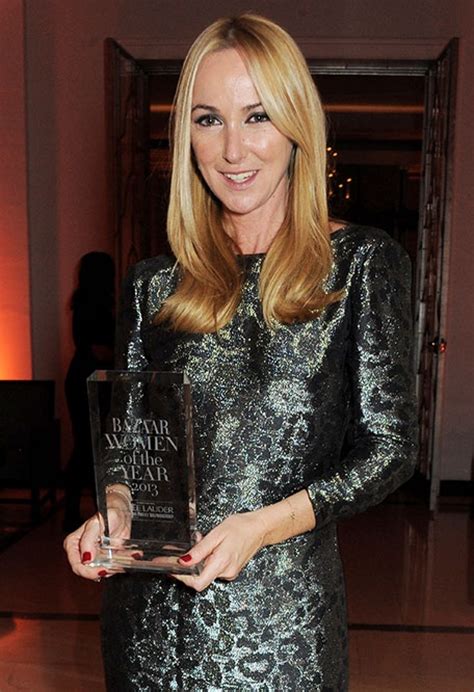A Quote by Stanley Kubrick
From the very beginning, all of my films have divided the critics. Some have thought them wonderful, and others have found very little good to say. But subsequent critical opinion has always resulted in a very remarkable shift to the favorable. In one instance, the same critic who originally rapped the film has several years later put it on an all-time best list. But of course, the lasting and ultimately most important reputation of a film is not based on reviews, but on what, if anything, people say about it over the years, and on how much affection for it they have.
Quote Topics
About
Affection
All-Time
Always
Anything
Based
Beginning
Best
Course
Critic
Critical
Critics
Divided
Favorable
Film
Films
Found
Good
How
How Much
Important
Instance
Lasting
Later
List
Little
Most
Much
Opinion
Originally
Others
Over
People
People Say
Put
Remarkable
Reputation
Reviews
Same
Say
Several
Shift
Some
Subsequent
Them
Thought
Time
Ultimately
Very
Wonderful
Years
Related Quotes
You find very few critics who approach their job with a combination of information and enthusiasm and humility that makes for a good critic. But there is nothing wrong with critics as long as people don't pay any attention to them. I mean, nobody wants to put them out of a job and a good critic is not necessarily a dead critic. It's just that people take what a critic says as a fact rather than an opinion, and you have to know whether the opinion of the critic is informed or uninformed, intelligent of stupid -- but most people don't take the trouble.
I've stopped going to see art films because every critic gives them four stars and say things like 'masterpiece,' 'spellbinding' and 'mesmerizing.' I mean, they're doing that with my film, but I don't want to use those blurbs. Critical reviews aren't worth too much anymore because just about every film can get one or two of them.
I am good in the fact that most of my reviews have been very positive really. I get pretty good reviews. There have been some that aren't - critical. I think they are extremely - the people that wrote them really don't understand what they are looking at quite frankly or have a very preconceived notion of what conceptual art should be or where I am at or the fact that I may change what I have done from what I did 20 years ago. But there is always some reason that they just sort of get it wrong. And so it certainly doesn't affect my work.
At the core, I am an actress. And I think, in a way, that's a good thing in that I am, I think, empathetic and sympathetic to the film. I would never pretend to have the discerning and acute critical eye that a lot of the great critics in our business do have. I don't look at it as being a critic or placing a judgment on a film, and I do think, how do you decide which film is best anyway? It's always a little bit of a mixed bag. But, I think it is just a collective group of people coming together to honor the work of an artist - that's how I think of it.
I read reviews of critics I respect and feel I can learn something from. Right now there are a lot of bottom-feeder critics who just have access to a computer and don't necessarily have an academic or cinema background that I can detect, so I tend to ignore that and stay with the same top-tier critics that I've come to respect. I like reading a good review - it doesn't have to be favorable, but a well-thought-out one - because I very much appreciate the relationship of directors and critics.
I read reviews every time. I read them all. Sometimes they can be very constructive, sometimes not, but it's always interesting to see the opinion of others on what you are doing. Sometimes I am very furious, but I will never say to a journalist, "Please don't come back to the next show." Never. Because I think that's a very stupid attitude. I am very happy when I see the results of the company and when I see people wearing my clothes or my accessories. I think this is the best answer to criticism.
I just finished a film a few days ago, and I came home and said I learned so much today. So if I can come home from working on a little film after doing it for 45 years and say, "I learned so much today," that shows something about the cinema. Because the cinema is very young. It's only 100 years old.
It's obvious to say you can't please everybody and there are always going to be people who are going to say, I just don't like you. There's nothing I can do about that. I'm aware, probably much more aware than my harshest critic, of what my own problems are with my acting ability. I'm very, very critical of myself, and I don't ever want to not be.
I went to film school when I was 17, and of course when you are very young you think that there is nothing else in the world except film. At some point I started getting hungry to see something else. For five years I didn't make any films, I was traveling around the world, writing for newspapers, working in theater, working in opera, I thought I would never return to film.
Film team kept me very, very shielded when I was that young, because of course, I was seven years old. You know, you're still kind of reading. It's still kind of like, "Cat." "Dog." "Ann jumped over fence." So I guess in a way it helped me progress in school, too, because I was reading so much and memorizing so much. But they kept me very shielded from everything that was going on in the The Amityville Horror. I didn't know anything, basically, about the film. I just knew that it was a scary film. I wasn't allowed to watch it. I can watch it now, I'm just too scared.
There's not a formula that I'm following; it's just how I feel at the time. For instance, I did a very experimental film called 'Hardcore Henry,' and that was simply because I thought the filmmaker was very interesting and a risk taker. A film like that had never been made before, so I chose to do that at the time.
When I started I had no knowledge of films whatsoever. I was an engineering major at Stanford. And I found out as a senior that they had two film critics on the Stanford Daily, and they got free passes to all the theaters in Palo Alto. So I thought, I'll do that, and I became a film critic. And then I became interested in films. But I had no time to study anything in that area because I was a senior, just finishing up as engineering.





































